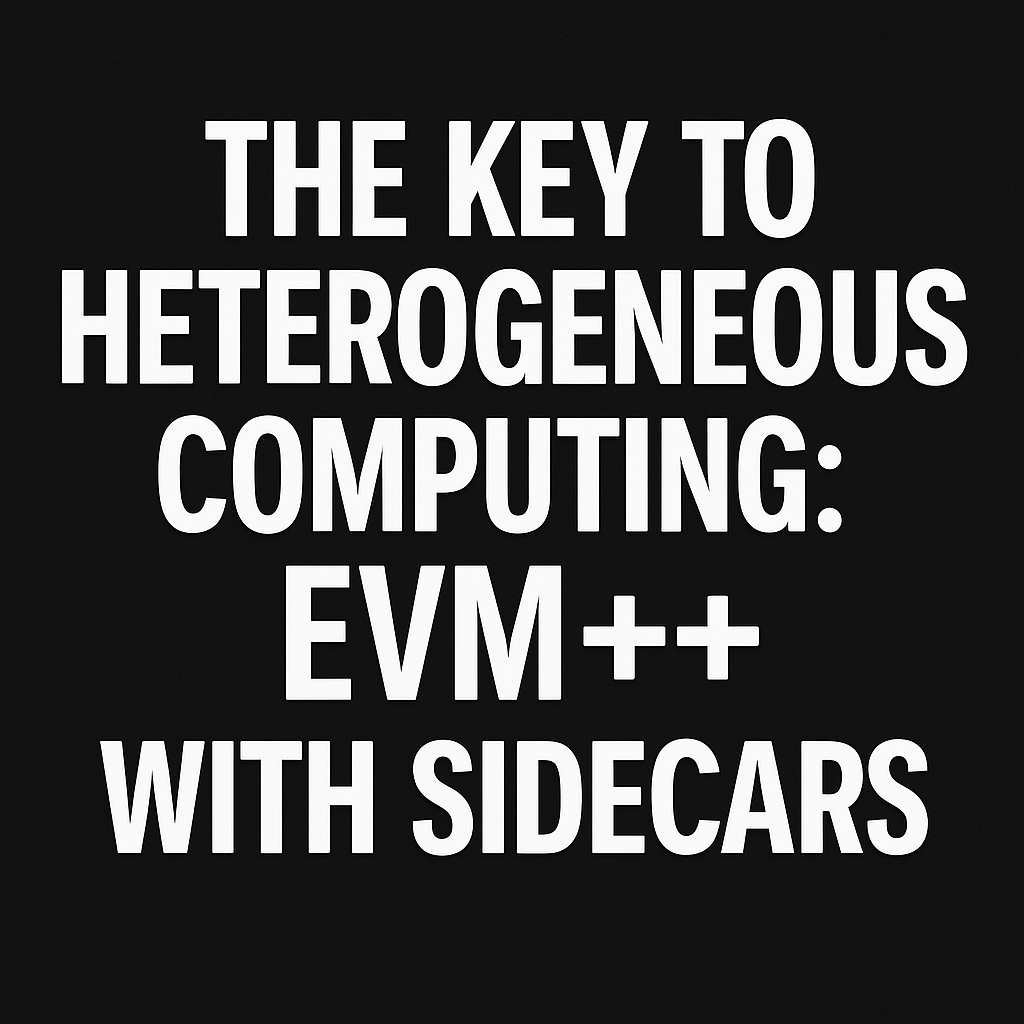Sidecars play a crucial role in the architecture of the Ritual Chain. Essentially, these are specialized auxiliary components designed to perform heterogeneous computations that are either difficult or inefficient to run directly on-chain—such as AI inference, ZK proof verification, or TEE-based processing.
Ritual Chain features two types of precompiles:The first type consists of native precompiles integrated directly into the execution client via EIP extensions.The second—and more noteworthy—are optimized sidecars accessible through the EVM precompile interface. These sidecars operate in parallel with the execution client but without placing a direct load on the chain. This allows for a lighter and more flexible architecture.
Sidecars can be remotely executed, isolated, and optionally deployed by node operators based on their system configurations. This modular design enhances both performance and security. Moreover, sidecars aren't limited to EVM—they're compatible with other systems such as Solana's SVM and MoveVM, enabling Ritual to perform heterogeneous computation across diverse environments. This highlights Ritual's importance at the intersection of AI and crypto.
Currently, sidecars operate statelessly, meaning they don't retain data. However, they are expected to become stateful in the near future, enabling support for long-running off-chain processes—an important step for handling complex and prolonged computations.
In short, what we call “EVM++” is essentially an approach to extend beyond the traditional boundaries of the EVM, enabling seamless and scalable integration of off-chain computation. This architecture makes the EVM more flexible, powerful, and modern.





评论 (0)